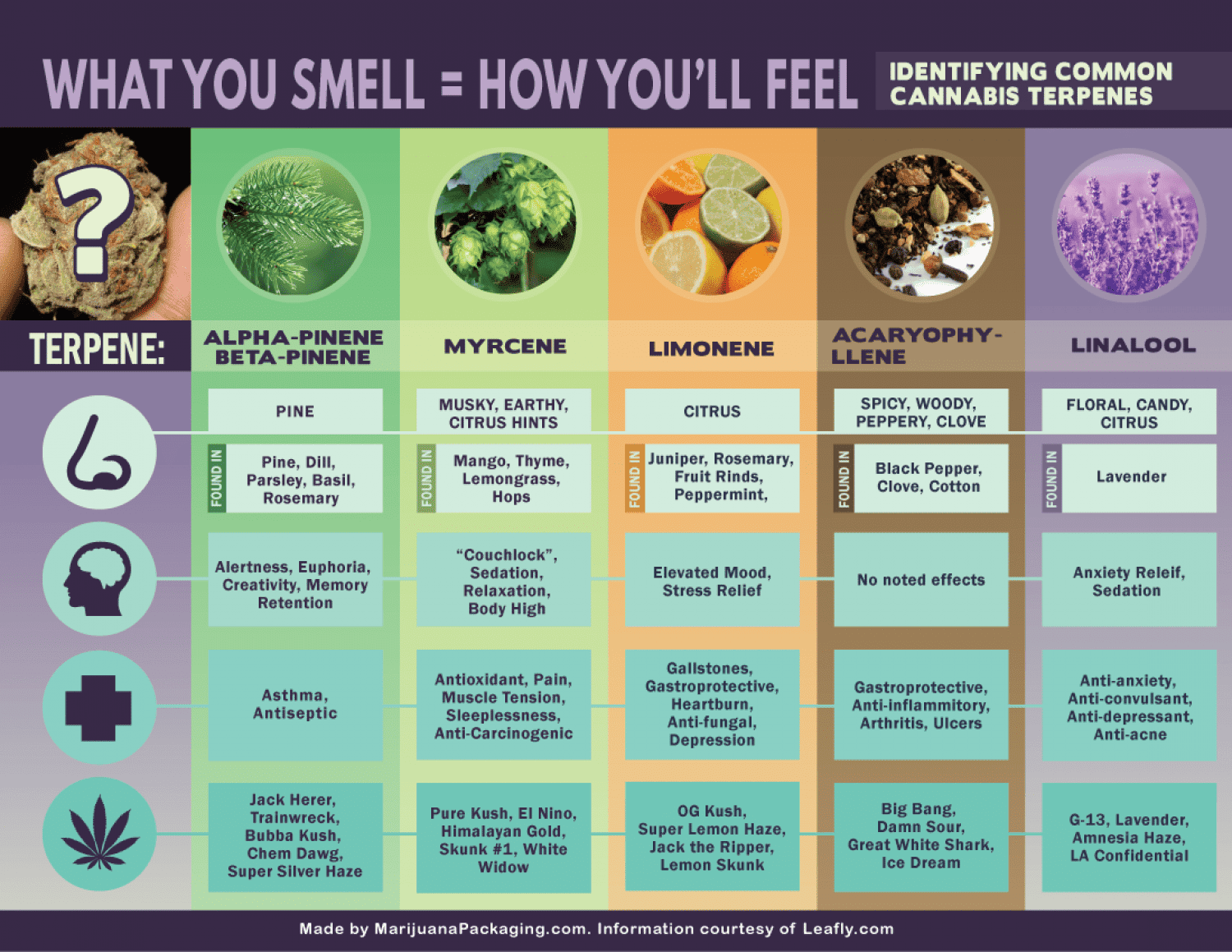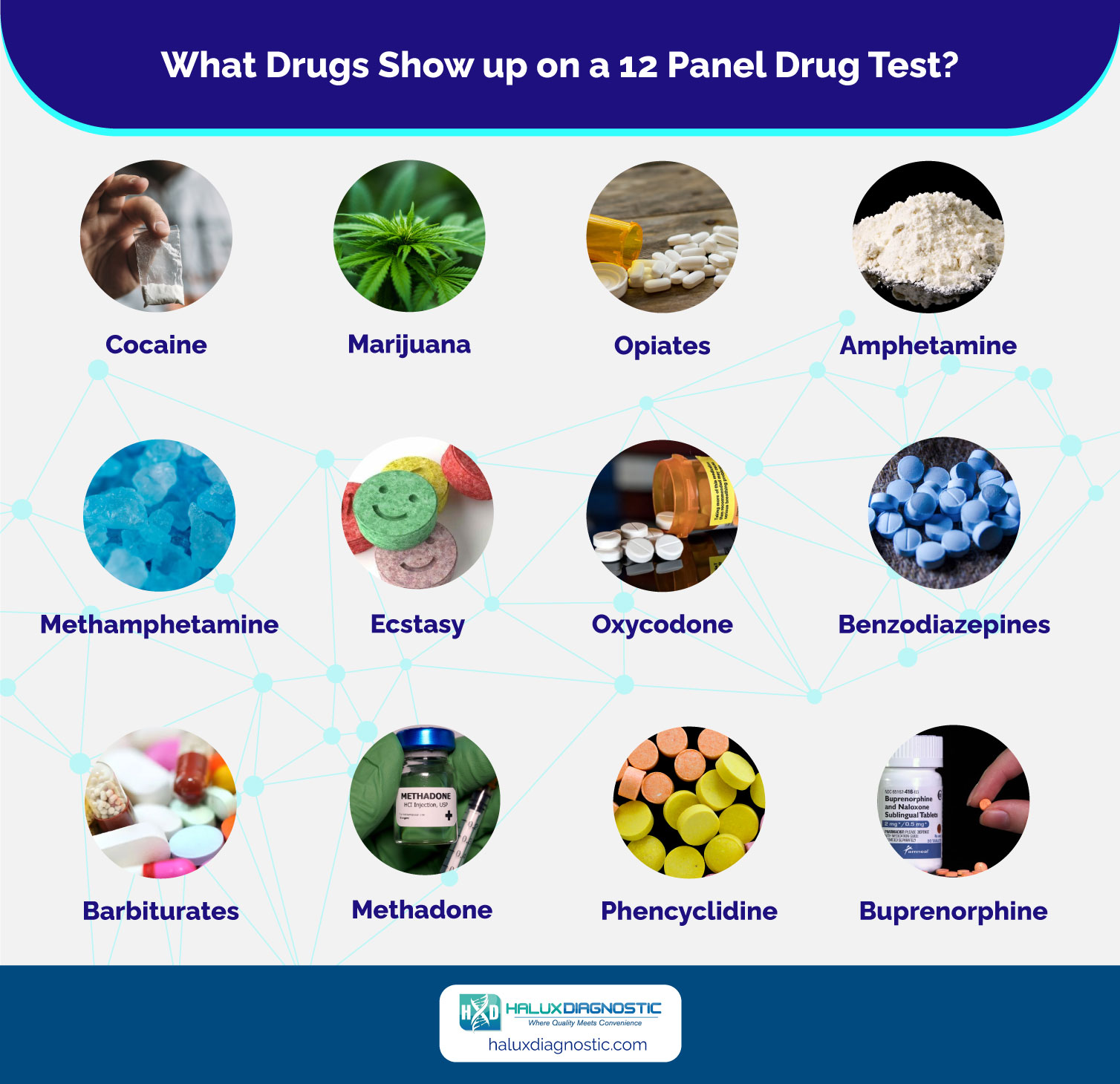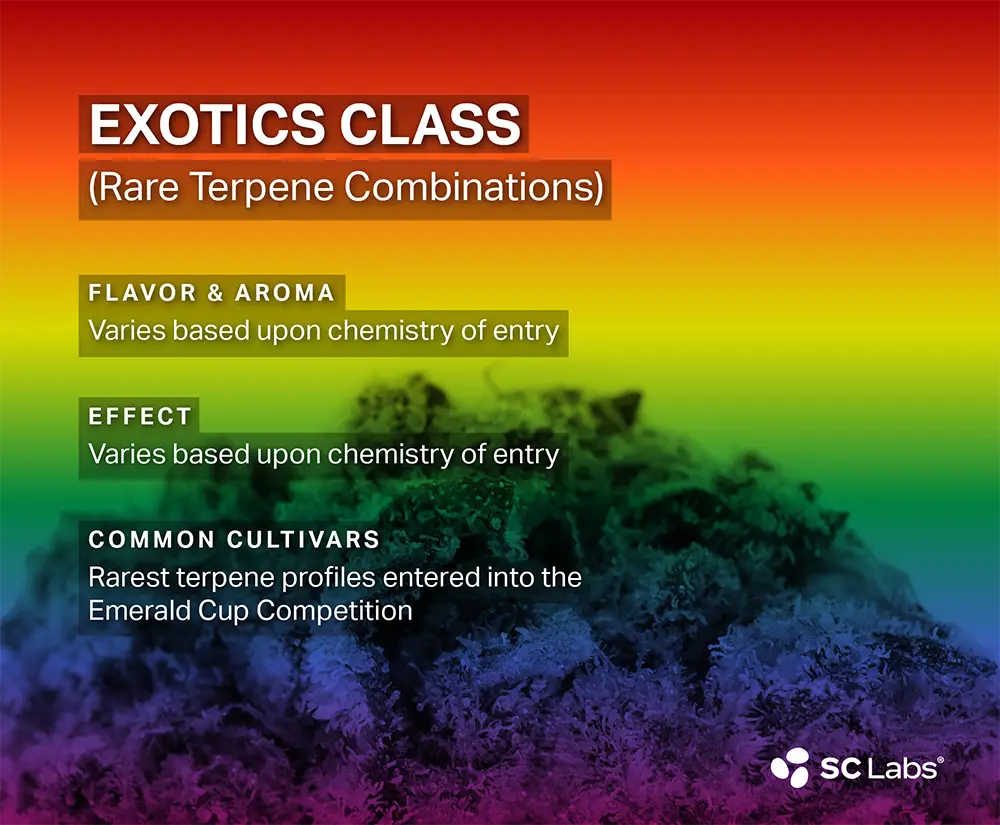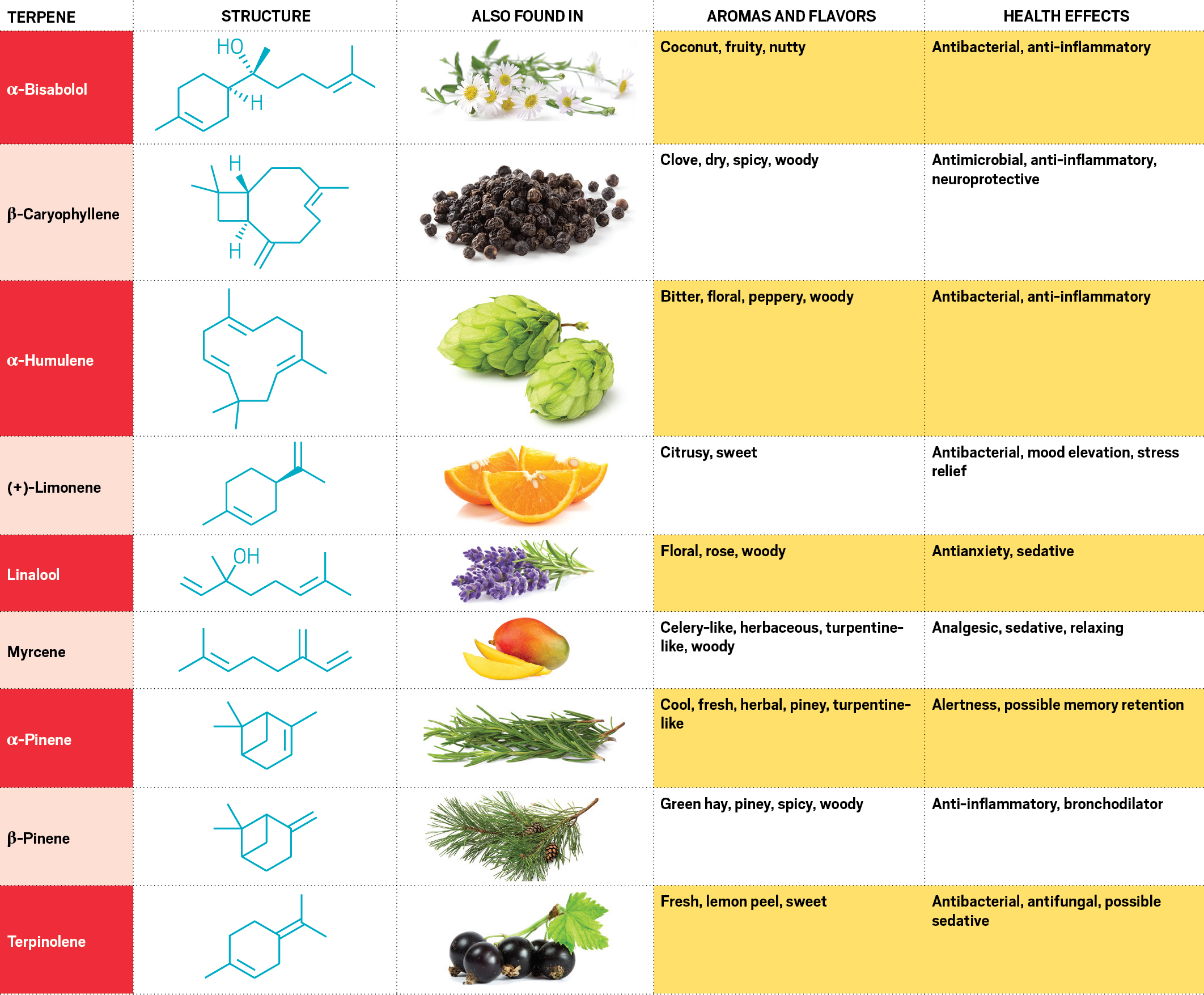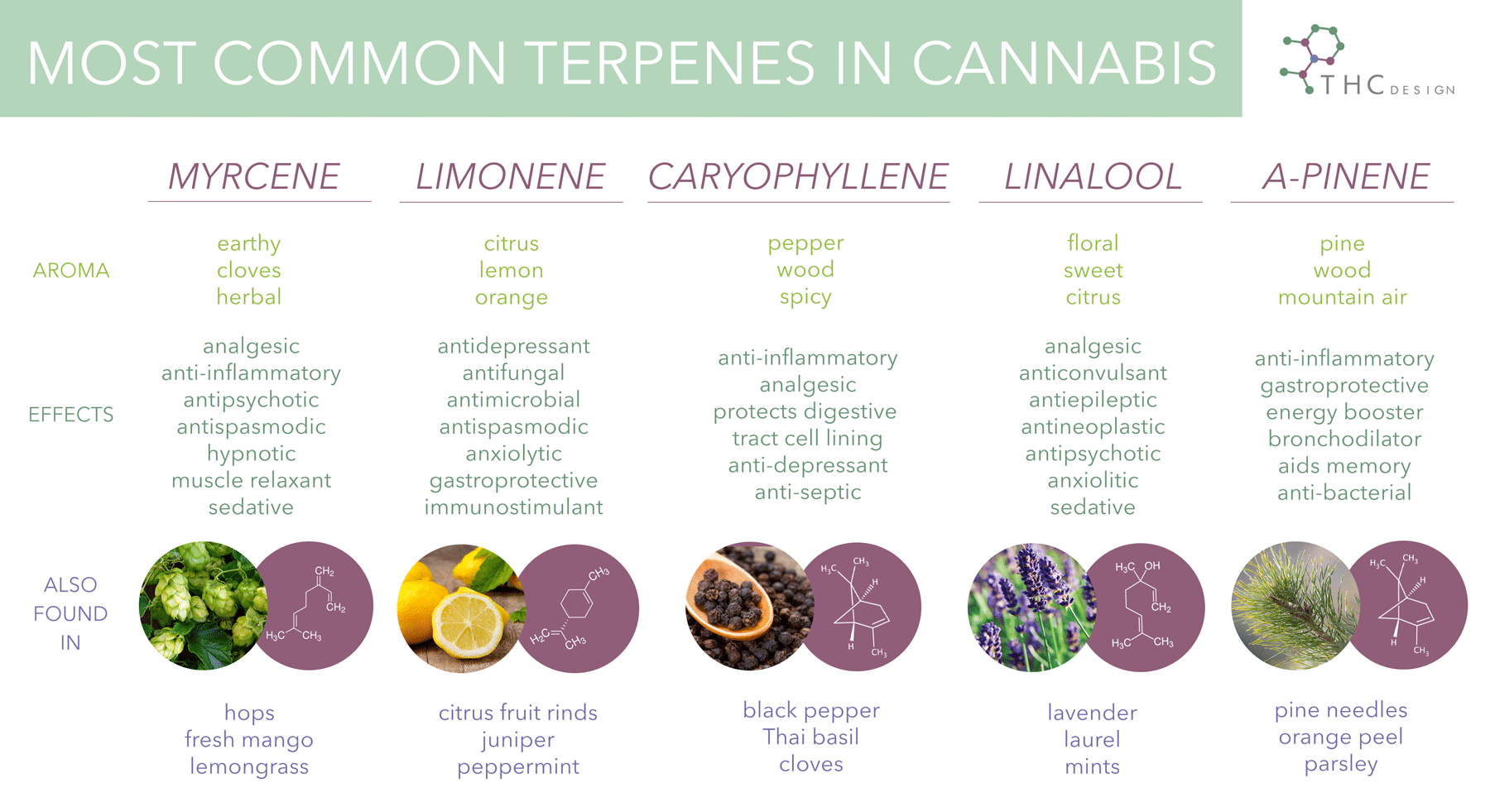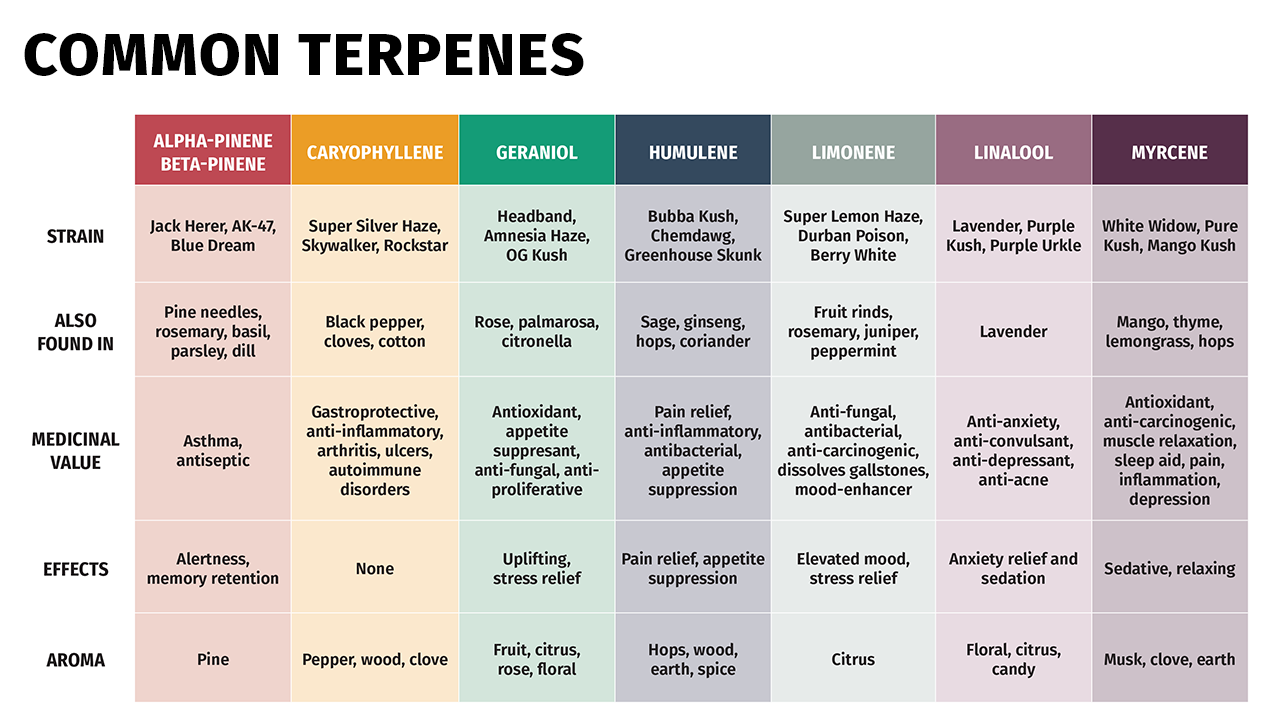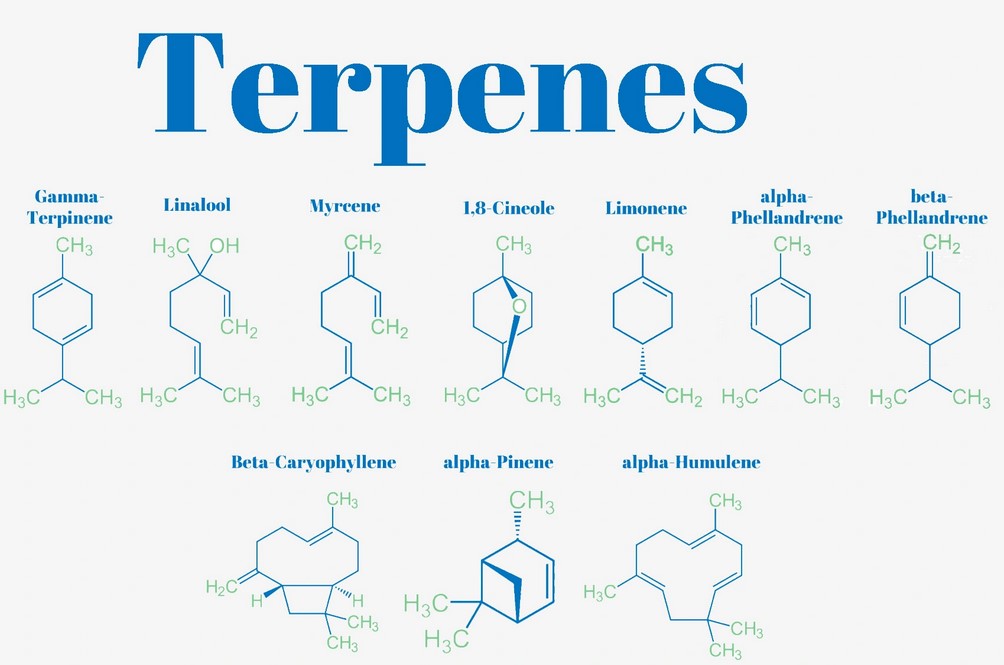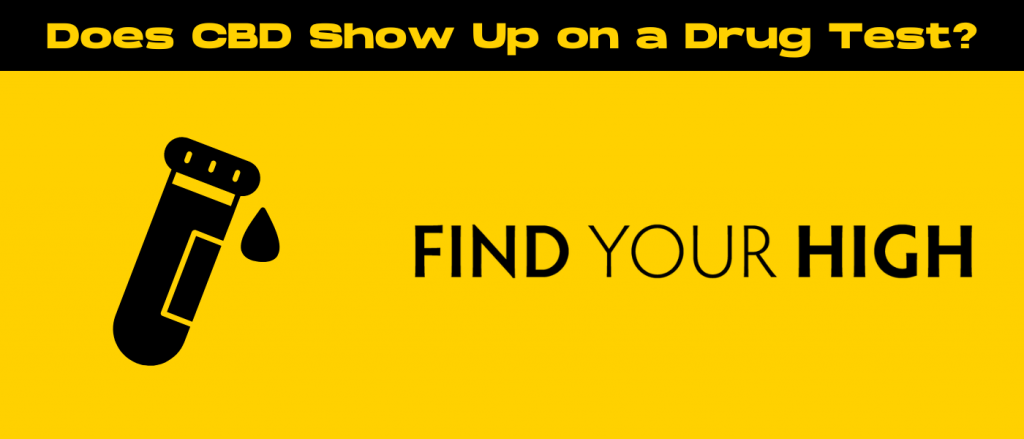Do Terpenes Show Up On Drug Test

The scent of pine needles, the citrusy aroma of an orange peel, and the floral notes of lavender – these are all thanks to terpenes, naturally occurring compounds found in a vast array of plants. Increasingly popular for their potential therapeutic benefits and flavor profiles, terpenes are now widely available in various products, from essential oils to cannabis extracts.
But with their growing prevalence comes a growing concern: do terpenes trigger positive results on drug tests? This question is particularly relevant for individuals in professions with strict drug-testing policies, and for anyone seeking to understand the nuances of drug screening in an era of expanding natural compound usage.
This article delves into the complex relationship between terpenes and drug tests, examining the science behind these compounds, the methodologies of common drug screenings, and the existing evidence – or lack thereof – regarding terpene detection. Understanding these factors is crucial for navigating the evolving landscape of natural compounds and ensuring accurate drug testing outcomes.
Understanding Terpenes: Nature's Aromatic Building Blocks
Terpenes are organic compounds produced by a wide variety of plants, most notably conifers, and are the primary components of resin and essential oils. They are responsible for the distinctive scents and flavors of many plants, playing a vital role in attracting pollinators and deterring herbivores.
Beyond their aromatic qualities, terpenes are also being investigated for their potential therapeutic properties. Limonene, found in citrus fruits, is known for its mood-elevating effects. Pinene, prevalent in pine trees, may have anti-inflammatory properties. Myrcene, commonly found in cannabis, is believed to have relaxing effects.
The Science Behind Drug Tests
Drug tests are designed to detect the presence of specific substances or their metabolites in bodily fluids such as urine, blood, saliva, or hair. These tests typically target illicit drugs like marijuana, cocaine, opioids, amphetamines, and alcohol.
The most common type of drug test is the urine drug screen, often employing an immunoassay technique. This method uses antibodies that bind to specific drugs or their metabolites, indicating a positive result. If the initial screening is positive, a confirmatory test, such as gas chromatography-mass spectrometry (GC-MS) or liquid chromatography-mass spectrometry (LC-MS), is performed to provide a more accurate and specific identification of the substance.
These confirmatory tests are highly sensitive and can distinguish between different compounds with similar chemical structures, minimizing the risk of false positives.
Terpenes and Drug Test: The Crux of the Matter
The primary question is whether terpenes, despite their presence in various products, can trigger a positive result on a standard drug test. The prevailing scientific consensus is that terpenes themselves do not trigger positive results on standard drug tests.
Drug tests are specifically designed to detect substances like THC (tetrahydrocannabinol), the psychoactive component of cannabis, or its metabolites, such as THC-COOH. Terpenes, while often found in cannabis, are chemically distinct from THC and its metabolites.
Therefore, the presence of terpenes alone is not indicative of cannabis use and will not cause a positive result for THC on a drug test.
The Potential for Confusion: Cross-Reactivity and Contamination
While terpenes themselves are not the target of drug tests, there are theoretical possibilities for confusion or misinterpretation. One potential scenario involves cross-reactivity, where a substance similar in structure to the target analyte interferes with the test.
However, cross-reactivity is more likely to occur in the initial screening phase, and confirmatory tests are designed to eliminate such false positives by specifically identifying the target substance. Another possibility, albeit rare, is contamination of a terpene product with THC.
This is especially relevant in the case of terpenes derived from cannabis, where residual THC could potentially be present. Consumers should ensure they purchase terpene products from reputable sources that conduct thorough testing for contaminants.
Expert Opinions and Scientific Evidence
Numerous experts in the field of toxicology and drug testing have affirmed that terpenes do not cause positive results on drug tests. Statements from reputable organizations further support this consensus.
For example, the Substance Abuse and Mental Health Services Administration (SAMHSA), a leading agency in the United States focused on substance abuse and mental health, has not issued any warnings or guidelines suggesting that terpenes interfere with drug testing accuracy.
Scientific studies have also investigated the potential for terpenes to interact with drug tests, with the overwhelming majority concluding that there is no evidence to support such interference.
Navigating the Legal and Professional Landscape
Despite the scientific consensus, concerns about terpenes and drug tests may persist, particularly in professions with strict drug-testing policies. It is always advisable to consult with legal counsel or human resources representatives to understand specific workplace policies and regulations regarding natural compounds and drug testing.
Transparency is key: individuals concerned about potential misunderstandings should disclose their use of terpene-containing products to their employers or testing administrators. Maintaining accurate records of product usage and purchasing from reputable sources with transparent testing practices can further mitigate any potential risks.
In summary, while terpenes offer a range of potential benefits and contribute to the aromatic experiences of daily life, they do not pose a significant risk of triggering false positives on standard drug tests. Understanding the science behind drug testing and the specificities of individual workplace policies is essential for navigating this evolving landscape.
The Future of Terpene Research and Regulation
As the understanding of terpenes and their effects continues to grow, further research into their potential therapeutic applications and interactions with other substances is warranted. Clearer regulatory frameworks surrounding the production and sale of terpene-containing products are also needed to ensure consumer safety and transparency.
The development of more sophisticated drug testing methodologies that can specifically identify and quantify a wider range of compounds may also become relevant as the use of natural compounds expands.
Ultimately, a balanced approach that combines scientific rigor with informed decision-making will be crucial for harnessing the benefits of terpenes while ensuring accurate and fair drug testing practices.


